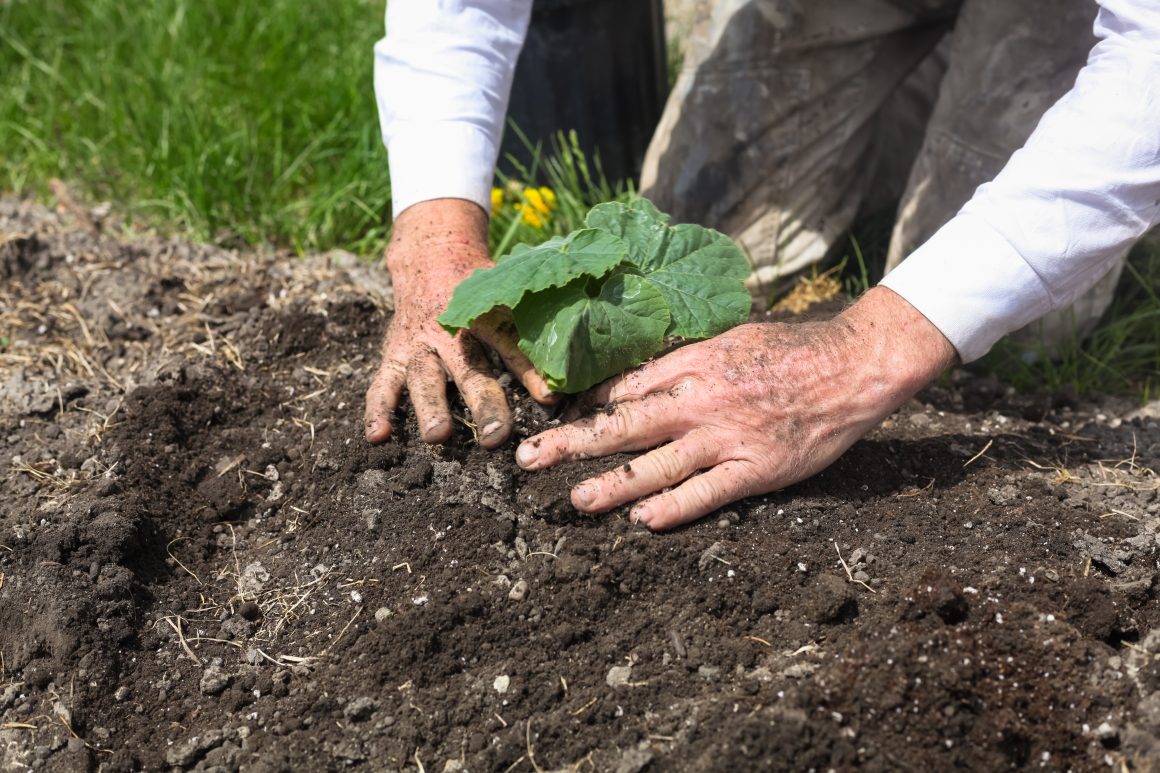
Sustainable U: What is sustainability?
By Rachneet Randhawa, September 3 2020—
Nowadays “sustainability” has become a popular and overused buzzword, rendered a cliché akinto the similar term ‘eco-friendly.’ Amidst the many working definitions is a user-friendly version coined by the International Institute for Sustainable Development, as part of the Brundtland Report in 1987: “Sustainable development is a development that meets the needs of the present without compromising the ability of future generations to meet their own needs.”
It is also a catchphrase for intergenerational ethics in which the capacity of humans to endure in the long run is not diminished regardless of wealth, utility or welfare and suggests that one should live within one’s means. It was put into practice at the Rio Summit in Rio de Janeiro in 1992 by the newly established United Nations Programme of Action on Sustainable Development. Because of its broad definition, it encompasses everything from pollution and Greenhouse Gas emissions affecting the ozone layer and accelerating global warming, loss of biodiversity and endangerment and/or extinction of various biomes habitat species, managing the finite supply of natural resources and depletion and so much more. Also, the foundation of sustainability is built on three key pillars of sustainable development including social equity, economic viability, and lastly, environmental preservation or respectively “People, Profit, and Planet.”
Because the concept of sustainability is interdisciplinary, it incorporates perspectives from natural and social sciences, engineering, medicine and even the fine and creative arts. Often overlooked, not only is “sustainability” the next and intimate phase of environmentalism but a new academic discipline and also a type of science. Specifically, “Sustainability Science” refers to the interactions between global social and human systems the complex mechanism that leads to the degeneration of these systems, and concomitant risks to human well-being and address global challenges existing disciplines have not to address by recognizing problems and the trade-offs between global and local problem solving.
UNESCO claims the science of sustainability aims to be both problem-driven and cross-disciplinary and approaches to understand human-environment interactions and systems and how those interactions affect the challenge of sustainability and can be classified into three key areas: 1) Use of problem-driven methodologies promoting dialogue between science and society, 2) Focus on the interactions between social and natural systems, and lastly, 3) Integration of multiple forms of knowledge leading to policy. And so, sustainability is not simply “Reduce, Reuse, and Recycle” as the infamous mantra goes but rather seeking new ways of addressing the relationship between societal growth and environmental degradation and the ultimate goal to find a balance middle-ground which would allow human societies to experience growth without needlessly destroying or overexploiting or worst yet, rendering obsolete and barren our ecosystems in which these societies exist.
It also adheres to the United Nation’s seventeen Sustainable Development Goals, targeted to be achieved by 2030 which are universal and applicable across all institutional frontiers of government, businesses or industry and civil society.
The idea of sustainable development is not inherently new. For instance, Indigenous societies across the world have been utilizing cyclical practices of only extracting from their surrounding environment on a need-by-need basis. Prior to this, as non-sedentary people, hunters and gatherers and foragers truly were on-the-go and lived a holistic lifestyle curtailed only by what they could carry. Not only that, but upon consumption of animals and plants, discarded very little remnants as waste with bones and teeth repurposed into tools, cookware or jewelry. As is, in our post-modern times “Sustainability” is facing a nouveau renaissance as issues of concern from harmful agricultural practices leading to desertification (literal lush lands of soil and crop potential drying out and transforming into dry sand), Corporate Social Responsibility and the entitlement of the one per cent and the growing poverty gap between the rich and the poor continues to widen to, of course, the gnarly Great Pacific Garbage Patch.
People say we are the first generation to have the ability to end world poverty and the last generation able to stop climate change. Indeed, if well-intentioned minds are not met with proactive solutions it is daunting to think that future generations of museum-goers will not see the vast diversity of 21st century earth, but rather pieces of our everyday disposable plastic jargon excavated and hoisted on a fashionable display. So next time someone asks you what it means to be genuinely “sustainable” remember that it is a spectrum, a collage, a kaleidoscopic of attitudes, interests and behaviours all pointed towards the common good of allowing the natural environment and human civilization to co-exist.
Sustainable U is a regular column focused on sustainability. This column is part of our Opinions section and does not necessarily reflect the views of the Gauntlet’s editorial board.
